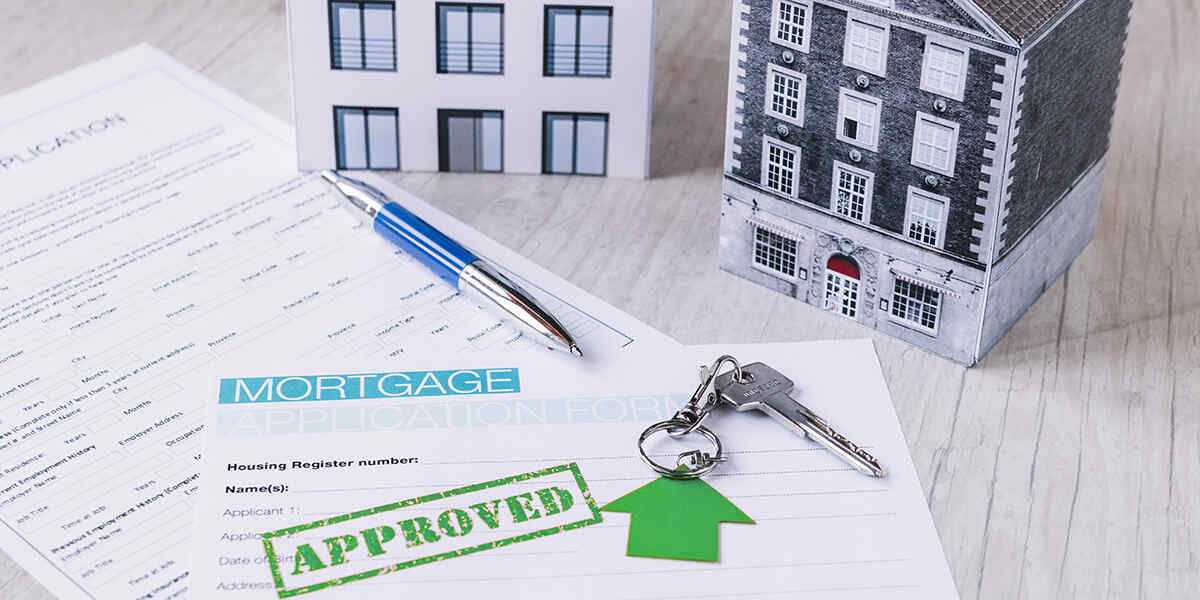As a trusted mortgage broker in Dallas, TX, clients often ask us about rates. How can you refinance a fixed-rate mortgage? Reference our comprehensive fixed-rate loan refinance guide below to discover what refinancing means and how it can benefit you.
What Is Mortgage Refinancing?
When you purchase a home, you’ll enter a mortgage agreement with a lender and sign a contract. This document outlines all of the details regarding your mortgage, including:
- How long you’ll take the loan for
- The total amount of money you’re borrowing for the purchase
- The amount of interest you’ll pay
A fixed-rate mortgage will have the same interest rate for the entire loan term, while an adjustable-rate mortgage will see the interest rate fluctuate over time. Applying for fixed-rate mortgage refinancing means that you’ll seek a new interest rate and stick with it for the rest of your loan’s repayment term.
Top Three Benefits of Refinancing Your Mortgage
If you want the following advantages, you may find refinancing beneficial:
1. Lower Interest Rates
Many homeowners wonder, “Can you refinance a fixed-rate mortgage when interest rates drop?” A qualified lender can guide you through the process so you can take advantage of lower monthly payments.
Knowing when to refinance a mortgage involves looking at the factors that influence your loan’s interest rate and adjusting the agreement when they benefit you. Several components may affect your interest rate over time, including:
- Inflation
- Unemployment rates
- National economic growth
- Your credit score
- Your debt-to-income ratio
Favorable changes to any of these factors can earn you a lower interest rate and help you save on your monthly mortgage payment.
2. New Loan Terms
When property owners refinance fixed-rate mortgages, the option often adjusts their loan’s term and cuts the monthly spending nicely. A 15-year mortgage has a higher monthly payment than a mortgage with longer terms, so switching to a 30-year loan might lower your monthly mortgage obligation. Opting for a shorter loan term could pay off the house quicker.
3. Cash Funds for Home Equity
How can you refinance a fixed-rate mortgage to earn cash? A lender will tell you about something called a cash-out refinancing plan.
Cash-out refinancing means you’ll take out a new loan for more than what’s left on your existing loan’s balance. Lenders will pay you the difference in cash that you can put toward something else as you continue to build home equity. This option is suitable for those who need funds to consolidate their debt, complete home renovations, or other personal projects.
Get Texas Refinancing Tips and Mortgage Advice
Can you refinance a fixed-rate mortgage? Yes, but why leave it there? Explore other lending options with Champions Mortgage, your go-to source for Texas refinance tips and guidance through the home loan refinancing process. Call (281) 727-2500 to discuss mortgage refinance options with our lending specialists today!
Frequently Asked Questions
Learn more about refinancing a fixed-rate home loan below.
How Much Does Refinancing a Mortgage Cost?
On average, refinancing a mortgage costs about 2% of the remaining loan balance in closing costs.
What Is the Ideal Credit Score for Home Loan Refinancing?
The minimum credit score for conventional mortgage refinancing is 620. Lower credit scores may be acceptable for other types of home loans.
How Should You Refinance Your Mortgage for a Lower Interest Rate?
You’ll refinance as a fixed-rate mortgage so that interest rates remain low for savings and stability. Switching to an adjustable-rate mortgage might be riskier.
When Can You Refinance a Fixed-Rate Mortgage?
You can usually adjust the terms of a fixed-rate mortgage and refinance at least six months into the loan’s term.






